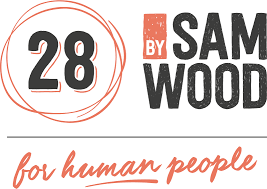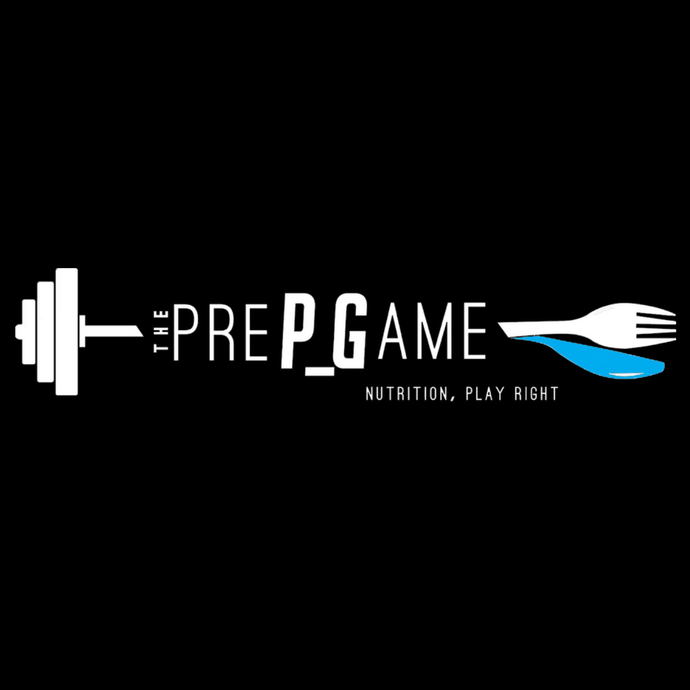Believe it or not, it is possible to eat whatever food you like and not put on weight. Lots of people do it. French people have perfected it. Although there are a few conditions.
My title is a little misleading, the French aren't really keeping anything secret, they showcase their remarkable way of life to every visitor who crosses their borders. They eat beautiful, fresh, amazing food. Some nutrient-rich, some not. First impressions of French food don't usually remind you of 'clean eating' (for want of a better term), but somewhat surprisingly their everyday way of life is conducive to good health and managing weight well. The graph below compares the trends in obesity in different countries. Many countries are on the increase, including France, but they are starting at a lower waist measurement, and are a long way from catching the US or Australia. Remarkable really when you think of all those croissants, pastries and creamy sauces. If the French can maintain their traditional food culture and customs this will help to keep them at the bottom of this graph, but as fast food culture infiltrates this may see their country sloping further and further towards the top.
Obesity trends in selected OECD countries, source: www.oecd.org/
So what are the secrets of the French that has been keeping their obesity rate around half that of Australia?
1) Small portions
Number one habit of the French that works every time - small portions. I truly believe that how much we eat is more important than what we eat when it comes to weight management. Not as important for health perhaps, as 1500 calories worth of chocolate and sweets per day is not going to be all that sustaining or nutritious. The foods that make up your portions are important for keeping you full and also to give your body nutrients, but getting the volumes right is key. In France they enjoy their pastries, breads (white!), cream, cheeses, wine and rich, rich sauces but they also eat salads and vegetables. Most of their food is served petite.
Image courtesy of www.ribbonsandbowscakes.com.au
I am not claiming that there is not one person in France who is overweight or overeats. With an obesity rate in 2012 at 15% and overweight 32%, the French are still considered the thinnest people in Europe and doing better than most developed countries.
Eating less is not all the French do well......
2) Enjoy and savour food - eat slowly and sit
Everyone is busy and it seems very few family meals are enjoyed at the traditional dining table, sharing news of the day and a delicious home-cooked meal. The French have refined the art of sitting down (often at a café facing the footpath) to enjoy a coffee or something to eat. French children are more likely to sit down to a hot lunch rather than a sandwich, with a small dessert to follow, which may in fact be fruit of some description. When we eat on the run we usually eat quickly and don't have time to think about the flavours and textures, or how much we are consuming. Eating out of a bag or a packet is common, while eating from a plate has greater benefits. If you put your food on a plate you can see exactly how much there is, and using utensils also helps to slow down the rate of consumption. You may yourself have been shocked by tipping a take-away carton of noodles or curry onto a plate and realising the sheer volume that was about to go into your stomach. Eating from a plate will help to reduce your portions. If we are eating while doing something else, like working on the computer or sitting on the couch in front of the tv, then we are also eating mindlessly and this increases the speed we eat and the likelihood of over-eating. Sitting down to eat a meal and focusing solely on the food and our dinner companions is worth the time and effort.
3) Meticulous preparation
French people take the time to eat, and perhaps this is because they are admiring what they are about to enjoy. Just think of a French pattiserie and the sparkling clear glass cabinets full of intricately designed and crafted pastries and cakes. The structure and artistic appeal is of equal importance to flavour. Petit fours is a French term meaning 'small oven', as these miniature sweet morsels were traditionally made in a small oven next to the main larger oven. Most enjoyment of food is in the first couple of bites, and in France they recognize this. What is the point of having a huge piece of chocolate cake, all the one flavor, when you can have a range of different flavours and food experiences. Nothing is just slapped onto the plate in France, pride is taken in food preparation and presentation. Not everyone's lifestyle can accomodate hours in the kitchen, but allocating a small amount of time to improving your food skills and making food look nice can make eating so much more fun, and help your health and weight at the same time.
4) Mealtimes are for eating
It seems that the French eat their food at mealtimes and don't rely on too much snacking for their daily nutrients. I don't really know why there is less snacking, but eating a 'proper' meal at lunch may mean that hunger in the afternoon is less of an issue? Three square meals per day won't suit everybody, but it may be a useful strategy for reducing overall calorie intake, as the types of foods we eat between meals are often higher-calorie and lower-nutrient density than the type of foods we eat for main meals.
5) Good habits start early
Most of the food habits described above begin during childhood in France. The child obesity rate in France has historically been one of the lowest in the world, while in other developed countries children are becoming more and more overweight. If you want to learn more, check out this post by Karen Billon 'French Kids Don't Get Fat' which is a terrific insight into the eating patterns of French children.
Although we can't all move to France to live, we can make the effort to understand some of their everyday habits and apply them to our own lifestyles and eating patterns. With Christmas and associated food-related celebrations ahead, there is no better time to start thinking about your own choices. Portions really are the key, whilst enjoying a range of nutritious foods eaten for pleasure. Bon apetit!!






























